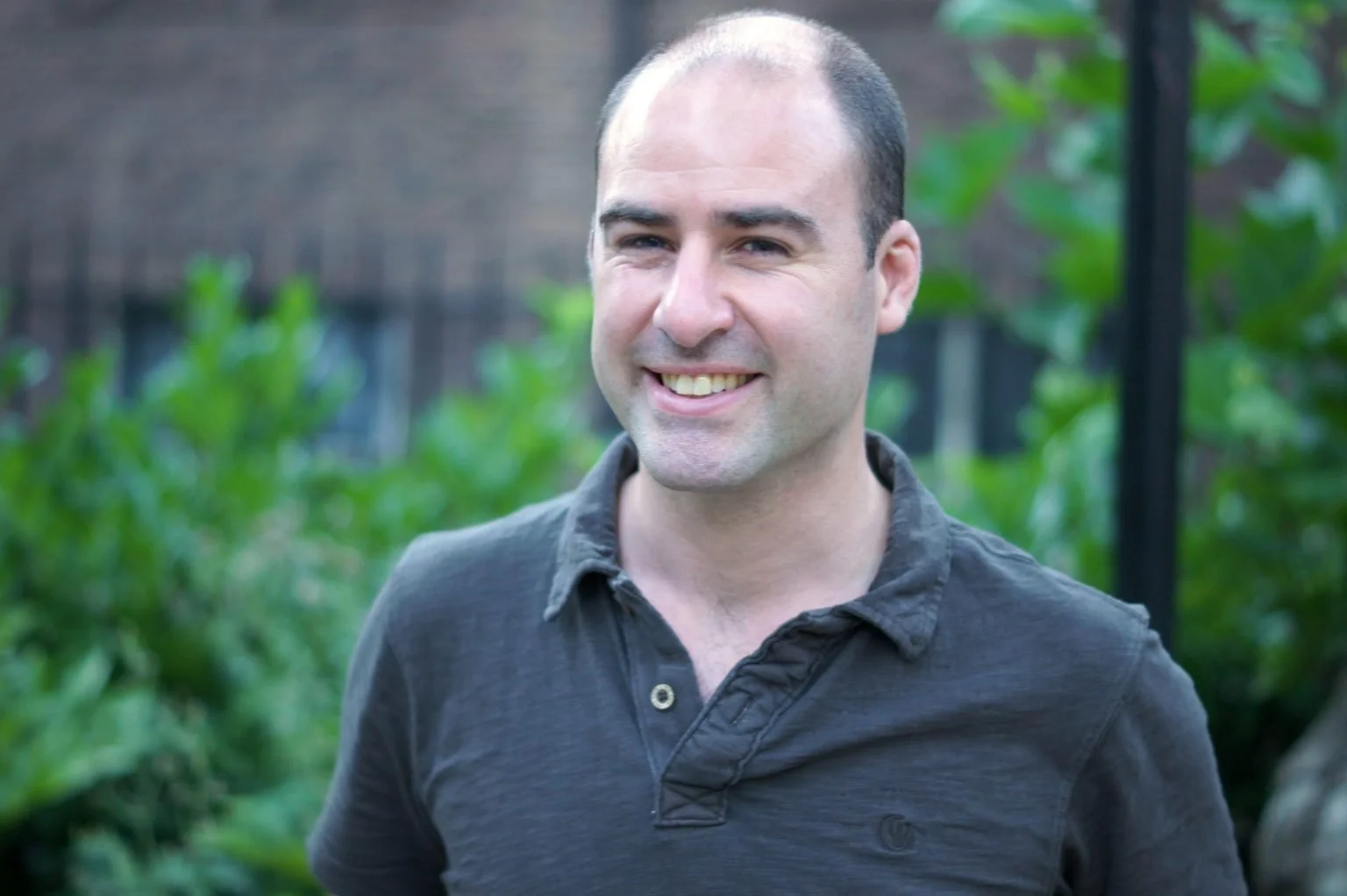Classic English Literature Podcast & Interview With Monty English
👀 Today I have collaborated with English teacher Jon from Monty English , a British English teacher with over 15 years experience, to discuss the beauty of English classic literature. Not only have I interviewed him about his personal literature preferences, but we also collaborated on his podcast, reading out an extract of Jane Austen’s Pride and Prejudice. Keep scrolling to find out more! 👇🏻
In Collaboration with Jon, Monty English
Interviewing Jon About Classic English Literature
Amy: Do you prefer classic English literature or more modern publications? Why?
Jon: Good question, to be honest I like a bit of a mix. Over recent years I have started reading more classics as I realised that I hadn't read too many but got a lot out of reading them. I like history books written in modern times as I'm interested in the world and the geopolitics of nations. I think we can learn a lot about current events, the people and their cultures by reading these kind of books.
Amy: If you had to choose a favourite classic novel, what would it be? Why?
Jon: I would probably choose 1984 by George Orwell although Wuthering Heights by Emily Brontë comes a close second. I think 1984 was way ahead of its time and it was very insightful. A lot of what Orwell wrote about is relevant to our lives today and we can definitely all relate to it even though it was written in 1948. He writes about totalitarianism and the control of the state. This is where Big Brother came from originally but in the book it's seen as a sinister force that monitors a citizen's every move.
Amy: Is it important for English students to read the classics first?
Jon: I think it can certainly be beneficial for English learners at a higher level but it's not essential. Over the years I have spent quite a bit of time in Italy and it seems that a lot of Italians study classic English literature. I'm not really sure that this helps inspire them to learn the language though as it really is challenging to read some of these books, even for native speakers. Once you reach a higher level, say upper-intermediate or advanced, and you have an interest in literature and British culture then I would say at that moment it's probably a good idea to indulge.
Amy: What’s the last classic novel you read? Would you recommend it?
Jon: I don't know if you would consider it a classic but I think the last one I read was Danny the Champion of the World by Roald Dahl. I have fond memories of it from childhood and wanted to read it again. I think the great thing about Roald Dahl is that he appeals to adults and children alike. Yes, I would recommend it particularly for English learners as it's not too difficult to read and it's quite short. Sometimes the author uses some fantastical words but as long as you don't try to use them in every day speech then it can make his books much more entertaining!
Amy: Are you reading any new fiction at the moment?
Jon: I'm not reading any new fiction at the moment but Brighton Rock by Graham Greene. To be honest I don't usually read that much modern fiction. I'm trying to change this and probably the most recent book I read of this genre was IQ84 by Haruki Murakami. It took quite a while to read though as it's around 1,000 pages and even though I enjoyed it I didn't feel it was really my cup of tea. I would like to read more of Murakami but I wouldn't say I am really inspired by him as an author.
Ever wondered about the magic behind those captivating first lines of a transcript? Look no further. In this short extract, we introduce Pride and Prejudice, sharing our thoughts on this literary classic . Let's dive into the world of English classics and set the stage for an intruging listening experience.
Jon: Hello there and welcome to English with Monty. Today I've got Amy back with me. Hi Amy, how are you doing?
Amy: Hey, I'm good, thank you, and you?
Jon: Doing really well, thanks. Thanks for joining me. Welcome.
Amy: Thanks for having me back.
Jon: No worries. So today I thought we'd do something to do with an extract from a book. Gideon and I, we've recently done an episode on literature to do with British culture. So it was really focusing just on British literature and Pride and Prejudice came up as, of course, it would being a very famous book, a classic. Definitely very much so. I thought we'd do an eight minute episode, just do a bit of an extract on it. What was your thoughts on Pride and Prejudice? Have you read it? Do you like it?
Amy: I haven't read it since school. Okay. It was mandatory in my English lit, which means literature for anyone who wasn't sure, English literature class. It was a must read. And I think because it was a must read in a mandatory subject, it took away the fun of it for me. However, if I were to reread it, I'm sure I'd enjoy it much more, not having to read certain amount of chapters by a certain date, as it was at school. So I really need to reread that in my own leisurely time. I think it'll be much more entertaining.
Jon: I should think so. I should probably do the same. We did Mansfield Park at school. It would have been, of course, another Jane Austen book, and we skipped Pride and Prejudice. I definitely should reread some of the stuff. I guess it's set Just before Victorian times, I think.
Amy: It is, exactly. So very focused on women just having their one specific role, which was to find a man, get married, have kids. It's all around that kind of period of time.
Jon: Definitely. And it's about status, isn't it? And marrying into wealth and things like that. Exactly. It's very much of its time. I think it's fairly straightforward in terms of the language. It's not too bad, is it?
Amy: It isn't actually, like, going through it. It's quite an easy one to read. There's not too much challenging language.
Jon: We'll take it in turns to read some of it and then we'll maybe talk about some of the trickier vocabulary at the end. So this is from chapter one. It is a truth universally acknowledged that a single man in possession of a good fortune must be in want of a wife.






